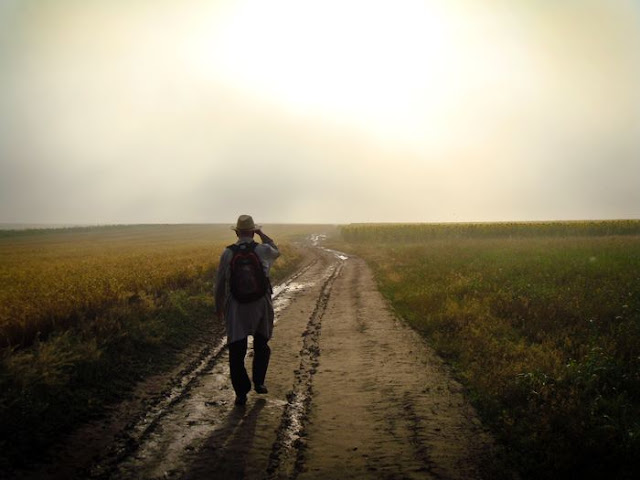Guest Post from Dr. Dennis Ortman, MSI Press Author: Dying and Living

Since today is my birthday, this guest post seemed very apropos! DYING AND LIVING “Yet if we love one another, God dwells in us, and his love is brought to perfection in us.” --I John 4: 12 I watched Dad die. I was only seventeen at the time, too young to understand much of what was going on. My father had been diagnosed with throat cancer two years before, a disease common to heavy smokers and drinkers. He underwent brutal cobalt treatments and lost his voice. He was in constant pain, unrelieved by the medications. For the last three months of his life he was bedridden at home. Mom, my brothers, and I took turns sitting by his bedside, mostly in silence. He could not speak, and I did not know what to say. It was decided not to tell Dad he was dying, so he could keep up his hope. But he knew. The priest later told us how Dad spoke with him about his dying and not to tell us. So no one said anything about the elephant in the room. In the silence durin...




